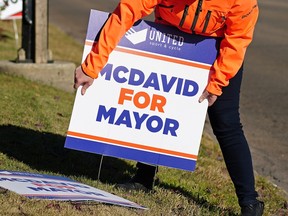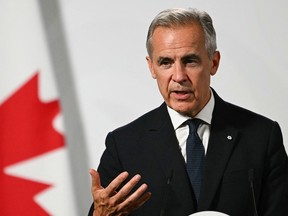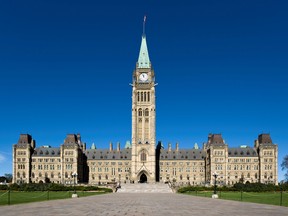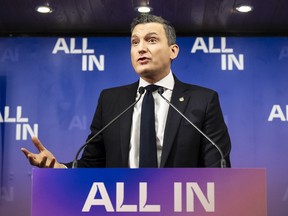Politics
Municipal Election Sparks Debate Over Party Affiliation

As the municipal election approaches, a heated debate unfolds over the role of party politics in local governance. Many citizens express strong opposition to candidates affiliated with political parties, advocating for independent voices that prioritize local issues over party agendas.
Party politics have become a contentious topic as voters seek representatives who champion original opinions rather than party loyalty. A growing number of constituents argue that municipal elections should focus on individual candidates who can address the unique needs of their communities.
In a letter to the editor, one concerned citizen articulated their stance, stating, “I will not vote for you if you join a party or are a member.” This sentiment echoes a broader desire for genuine representation in municipal politics, suggesting that party affiliation may alienate potential voters who value independent thought.
Concerns About Taxpayer Spending
Economic concerns also permeate discussions surrounding the municipal election, particularly regarding public spending. One letter referenced a significant financial commitment of $14 million in taxpayer money towards energy projects, highlighting the substantial risks involved.
The letter criticized the government’s handling of energy investments, specifically referencing the Northern Gateway project, which Enbridge abandoned after incurring $373 million in lost costs. Critics assert that the current political climate, exacerbated by policies from the Liberal government, has stifled private sector investment in Canadian energy. This includes the cap on oil and gas emissions, the tanker ban, and restrictions on new pipeline construction.
British Columbia Premier David Eby is a notable supporter of the tanker ban, indicating that any future projects may face significant hurdles, including opposition from Indigenous groups and governmental entities. As articulated by one contributor, “Even if this does by some miracle get approved, what’s next? A single pipeline is not a major victory.”
The complexities of energy transportation in Canada are underscored by logistical challenges, particularly regarding access to international markets. The prospect of routing energy to the Atlantic coast remains fraught with political sensitivities, while alternatives like shipping through Churchill, Manitoba, confront operational limitations.
Voters are left questioning how much more taxpayer money will be necessary to navigate these challenges effectively. The sentiment shared by many is that Canadian resources should not incur additional costs to the public.
With the municipal election drawing nearer, the debate over party politics and public spending highlights the need for careful consideration of candidates’ affiliations and the implications for local governance. Citizens are encouraged to voice their opinions on these pressing matters, with local media outlets inviting letters to the editor to foster community dialogue.
As the election approaches, the outcome may hinge on whether voters prioritize party loyalty or seek representatives who align with their vision for a more independent and accountable local government.
-

 Politics4 weeks ago
Politics4 weeks agoSecwepemc First Nation Seeks Aboriginal Title Over Kamloops Area
-

 World5 months ago
World5 months agoScientists Unearth Ancient Antarctic Ice to Unlock Climate Secrets
-

 Entertainment5 months ago
Entertainment5 months agoTrump and McCormick to Announce $70 Billion Energy Investments
-

 Science5 months ago
Science5 months agoFour Astronauts Return to Earth After International Space Station Mission
-

 Lifestyle5 months ago
Lifestyle5 months agoTransLink Launches Food Truck Program to Boost Revenue in Vancouver
-

 Technology3 months ago
Technology3 months agoApple Notes Enhances Functionality with Markdown Support in macOS 26
-

 Lifestyle3 months ago
Lifestyle3 months agoManitoba’s Burger Champion Shines Again Amid Dining Innovations
-

 Top Stories2 months ago
Top Stories2 months agoUrgent Update: Fatal Crash on Highway 99 Claims Life of Pitt Meadows Man
-

 Politics4 months ago
Politics4 months agoUkrainian Tennis Star Elina Svitolina Faces Death Threats Online
-

 Sports5 months ago
Sports5 months agoSearch Underway for Missing Hunter Amid Hokkaido Bear Emergency
-

 Politics5 months ago
Politics5 months agoCarney Engages First Nations Leaders at Development Law Summit
-

 Technology5 months ago
Technology5 months agoFrosthaven Launches Early Access on July 31, 2025



















